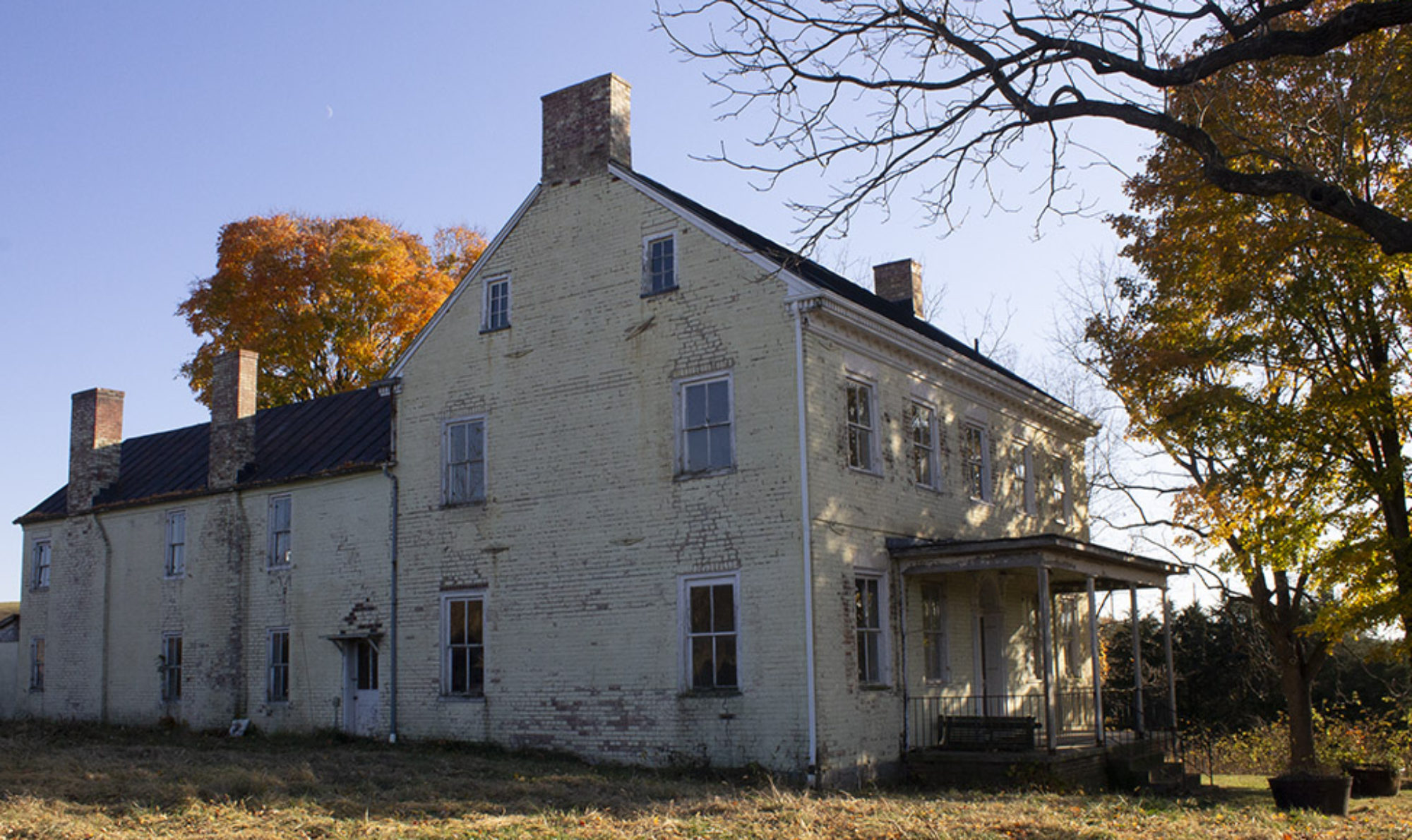Brandon Carter and Kelly Ryan
In an 1840 letter from Jacob Lincoln, Jr.’s brother-in-law, John Lineberger, to a friend, John wrote that Jacob’s family was “running about dodging him constantly” as a result of his heavy drinking (Lineberger). According to the letter, Jacob was spending his wheat crop on whiskey and brandy, two of the most popular alcoholic beverages of the early nineteenth century along with other cheap distilled liquors (Carlson, 677). Jacob’s alcohol abuse led to economic troubles, as shown by his irresponsible spending and the fact that he was not able to have the same financial success as his brother (Wayland, 214). It was not uncommon for southern patriarchs struggling with alcohol abuse to sell their family’s possessions in order to fund their addiction, just one way in which alcoholism negatively affected their households (Sager, 81).

Jacob’s son, John Lincoln, explained to John Lineberger that he left home as he could not stand his father’s alcoholism any longer. The exact behavior that Jacob was exhibiting was not made clear, but his son described it as “if possible worse than usual” (Lineberger). In some Virginia families, alcoholism caused the patriarch to be abusive and violent, making the family fearful every time he was intoxicated. The trouble these families experienced caused them to look to their communities for help.
In the Lincolns’ case, their community consisted of kin in the greater Linville area. Lineberger asked both the unspecified letter recipient and the recipient’s brother to meet him in Harrisonburg to come up with a plan to “better the family situation.” As Jacob’s brother-in-law, Lineberger felt a duty towards his sister, Nancy, as well as towards Jacob. The patriarchal family structure was an important principle of southern culture, so communities intervened in order to preserve this way of life (Carlson, 677).

dangers of alcohol abuse. Nathaniel Currier, “The Drunkard’s Progress” (1846). Wikimedia.
The rapid growth of the temperance movement in Virginia in the 1820s and 1830s contributed to a more negative outlook on alcohol consumption which could explain why communities were intervening more (Pearson and Hendricks, 36-40). Family and friends harbored fleeing wives, conducted interventions, and participated in legal action against intemperate husbands (Edwards, 746-53).
Lineberger was not able to rebuild Jacob and Nancy’s family. Nancy would be committed to an asylum in Staunton and Jacob would be found dead in an Ohio field just eight years later, though it is unclear whether these incidents were related to his alcoholism (Wayland, 214).
Works Cited
Carlson, Douglas W. “‘Drinks He to His Own Undoing’: Temperance Ideology in the Deep South.” Journal of the Early Republic 18, no. 4 (1998).
Edwards, Laura F. “Law, Domestic Violence, and the Limits of Patriarchal Authority in the Antebellum South.” The Journal of Southern History 65, no. 4 (Nov. 1999).
John Lineberger to —-, November 12, 1840. Collections of the Lincoln Society of Virginia.
Pearson, C.C. and Hendricks, J. Edwin. Liquor and Anti-Liquor in Virginia. Durham, NC: Duke University Press, 1967.
Sager, Robin C. Marital Cruelty in Antebellum America. Baton Rouge: Louisiana State University Press, 2016.
Wayland, John W. The Lincolns in Virginia. Staunton, VA: The McClure Printing Company, 1946.



